Scientists investigate “hycean” exoplanets with hydrogen-rich atmospheres and liquid water oceans, challenging traditional definitions of habitability.
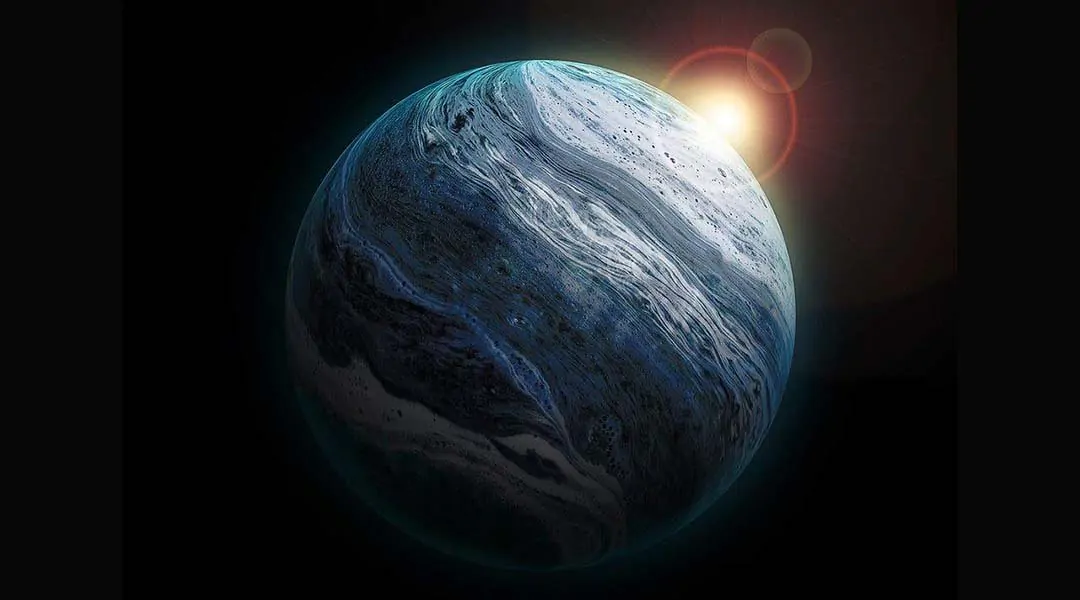

Scientists investigate “hycean” exoplanets with hydrogen-rich atmospheres and liquid water oceans, challenging traditional definitions of habitability.
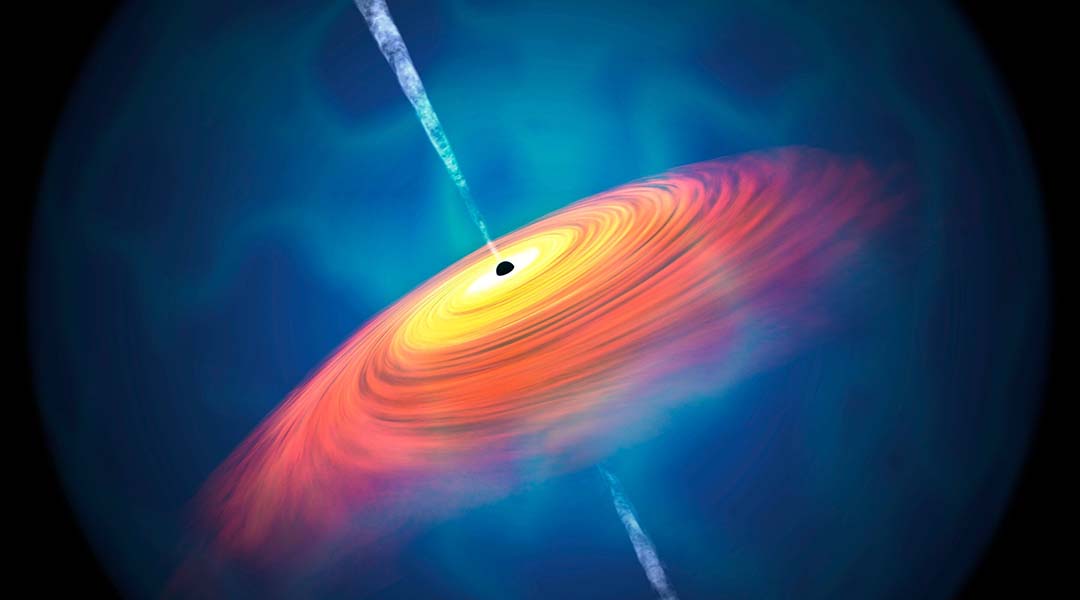
Scientists have only observed supermassive black holes one billion years after the Big Bang, but astrophysicists have now breached this barrier.
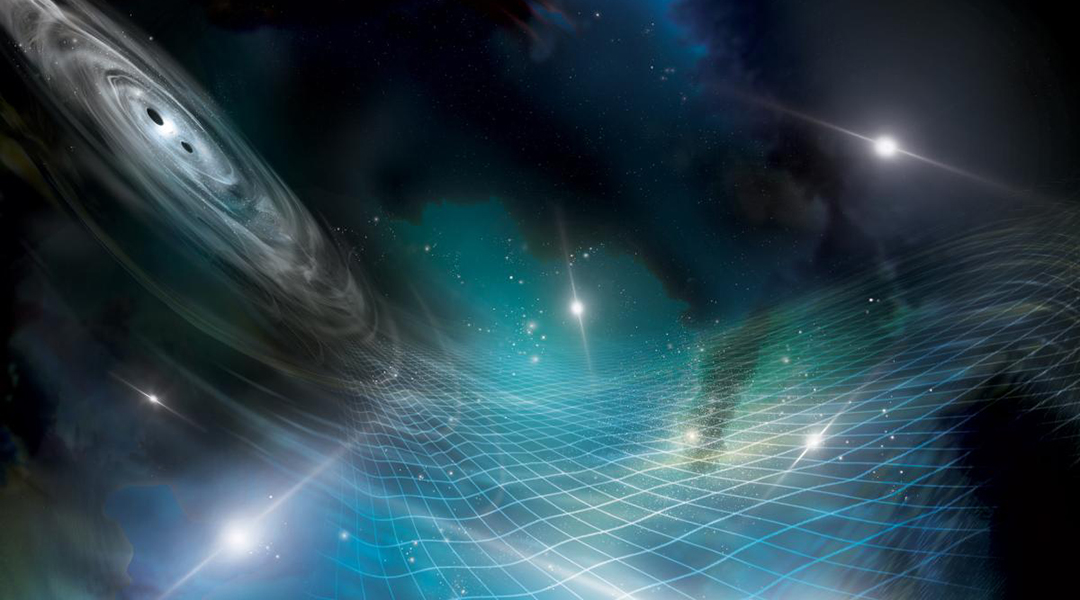
The universe is ringing with gravity, but humanity is only just beginning to hear the nuance of this cosmic symphony.

Using quasars as ticking cosmic clocks, scientists took a journey back in time, discovering time progressed five times slower just after the Big Bang.
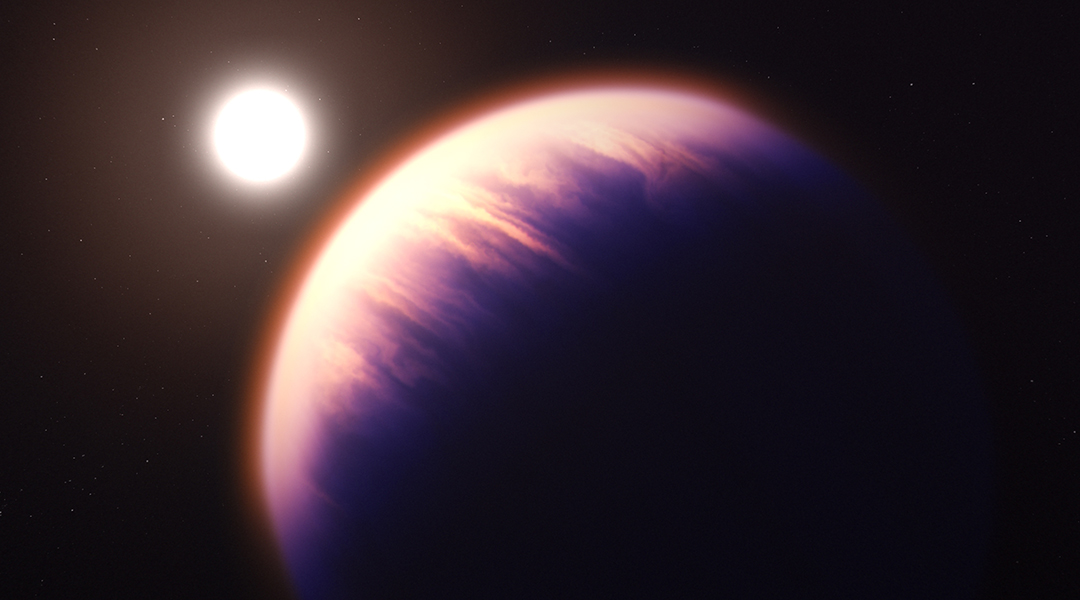
New observations of WASP-39b with the JWST has provided the clearest, most detailed picture of an exoplanet to date.

Physicists at the Gemini Observatory have found a new mass limit for massive stars, and found it to be lower than previously thought.
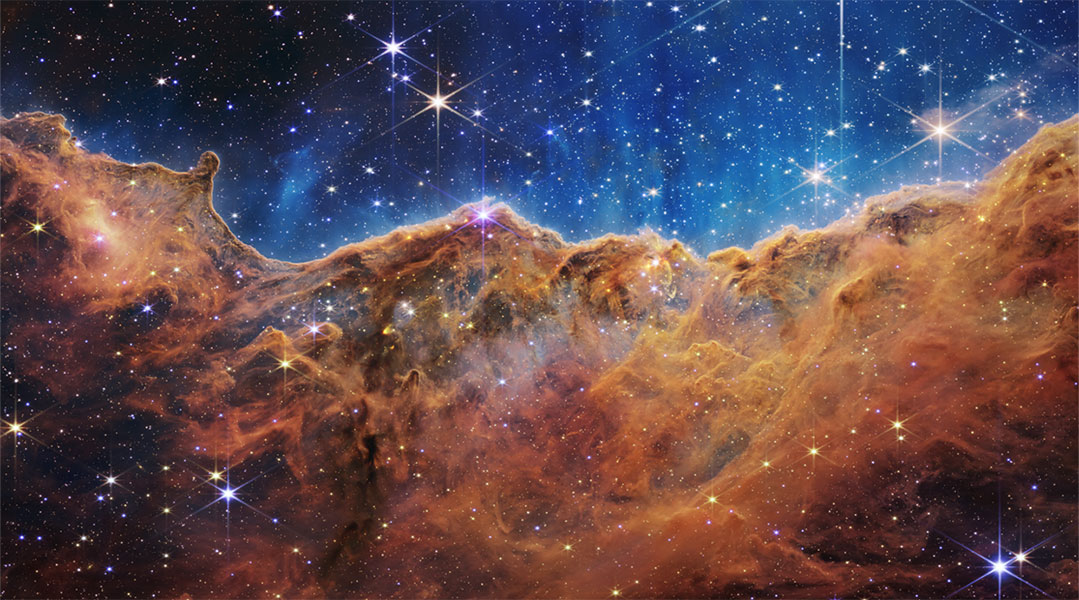
Astronomers are discovering that the rate of star formation in the universe is dropping, and they want to know why.

A compilation of data gathered over the last 20 years shows a surprising drop in global temperatures on Neptune.
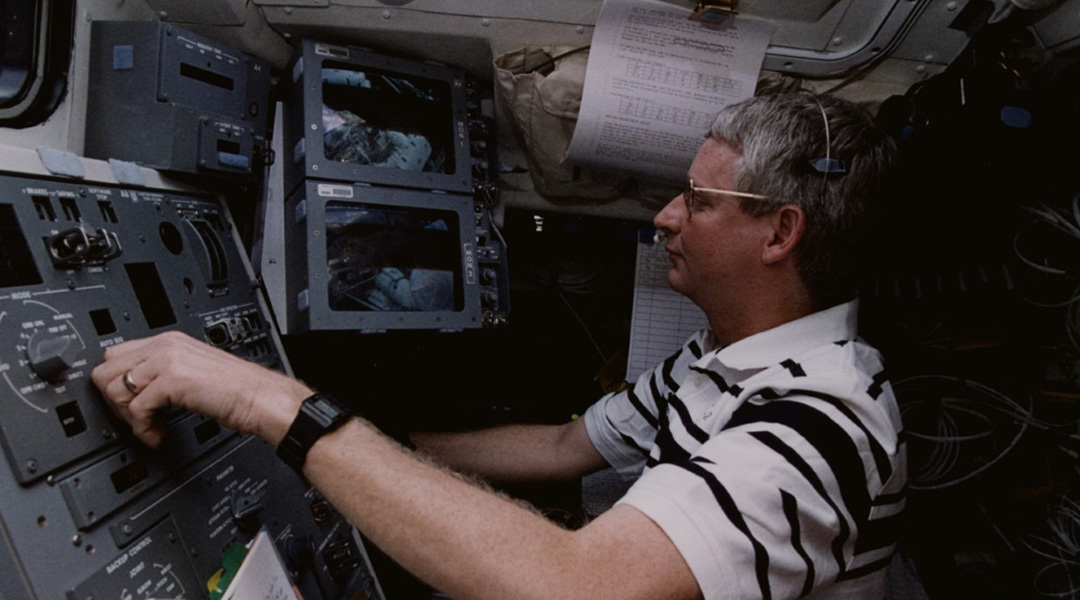
Astrophysicist and retired NASA astronaut Steven Hawley takes us through his fascinating career.
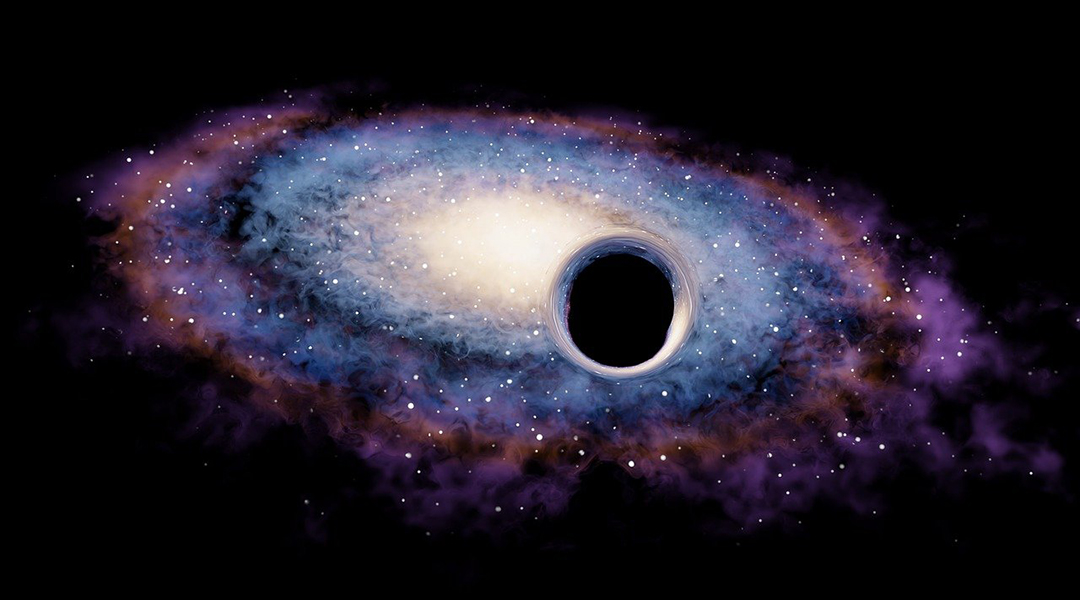
A new theory for the origin and nature of dark matter resolves some inconsistencies between cosmological predictions and astronomical data.